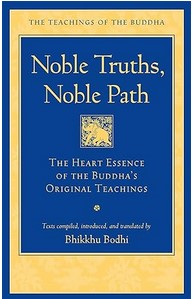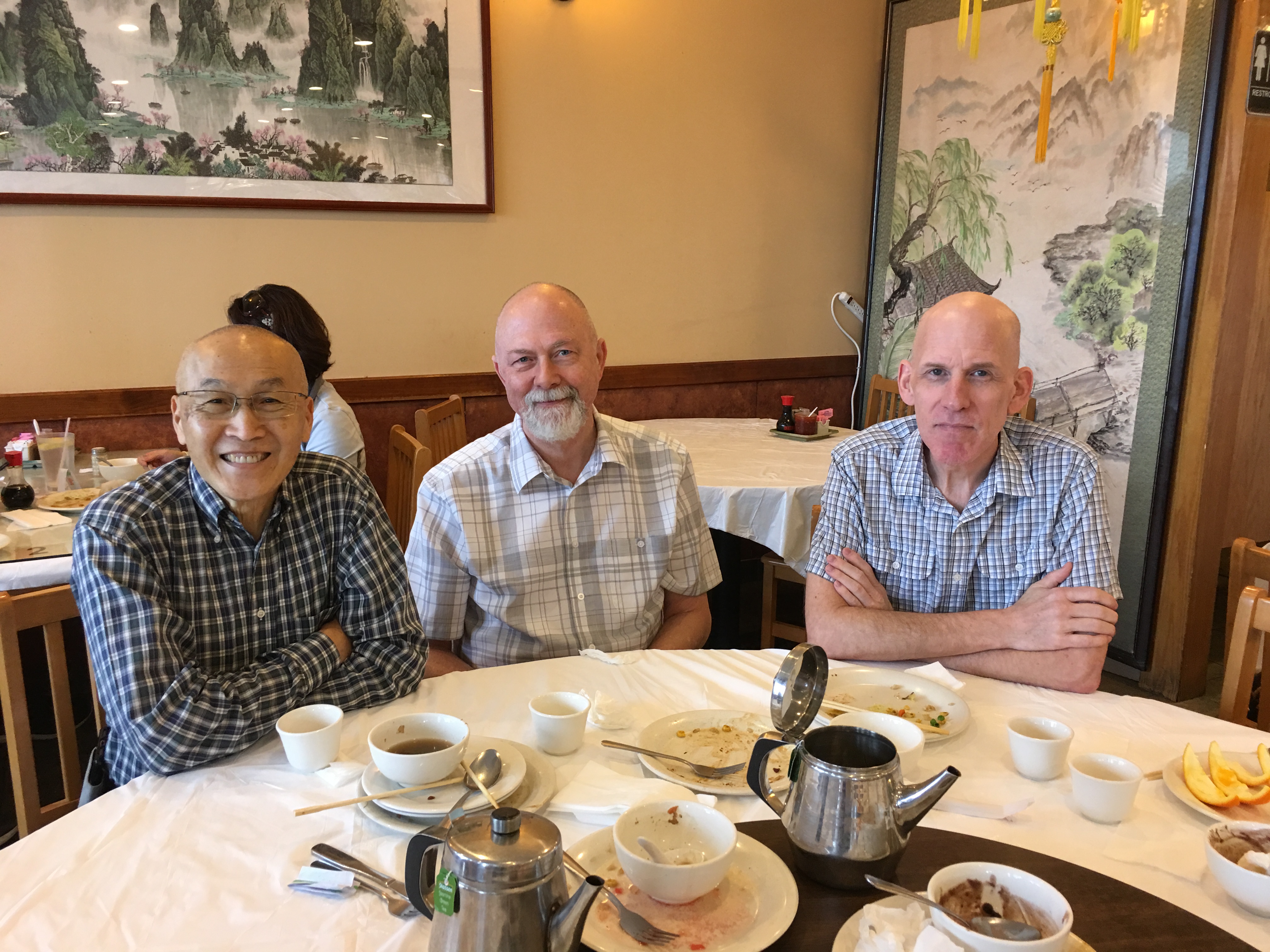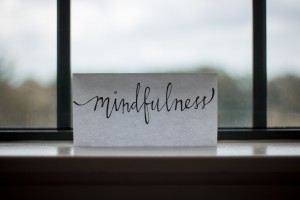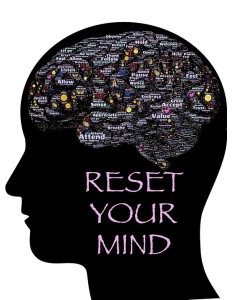
Dear Friends, we made short-notice changes to SMG’s new book study for 2024. Instead of starting the year reading Bhikkhu Bodhi’s “In the Buddha’s Words,” we will study his latest book “Noble Truths, Noble Path: The Heart Essence of the Buddha’s Original Teachings.” The book received a lot of praise from readers.
A hard copy can be purchased from various retailers; the paperback will be available on January 9. To give everyone time to order their copy, we are moving our start date to Saturday, January 20.
Some of you might be ordering books on Amazon.com. Another option is the non-profit Wisdom Publication, a leading publisher of books and online courses on contemporary and classic Buddhism, mindfulness, and meditation. One of our SMG members just placed his order with them for $24.62, including shipping. You can order your copy here.
If you are not already a member of SMG (SMG is short for Satellite Meditation Group; currently virtual only, hence at times referred to as vSMG) and would like to participate, contact Barbara and Rick at vsmg.mgr@gmail.com to be added to the group’s mailing list. We meet on Saturdays at 10am for a gently guided group meditation and start at 10:30am reading and studying our chosen book, infused with lively discussions to further apply the content to our practice, no matter everyone’s level of experience.







 Business leaders, professional athletes, mental health professionals, and, of course, your neighbor down the street are all discussing how being mindful can improve our mental state and general well-being. Mindfulness is used as an approach for treating pain, depression, anxiety, OCD, addiction, chronic diseases, and HIV treatment side effects, as well as an aid in weight loss and in being more productive. So what is mindfulness? And what does the research have to say about its ability to better our lives?
Business leaders, professional athletes, mental health professionals, and, of course, your neighbor down the street are all discussing how being mindful can improve our mental state and general well-being. Mindfulness is used as an approach for treating pain, depression, anxiety, OCD, addiction, chronic diseases, and HIV treatment side effects, as well as an aid in weight loss and in being more productive. So what is mindfulness? And what does the research have to say about its ability to better our lives?